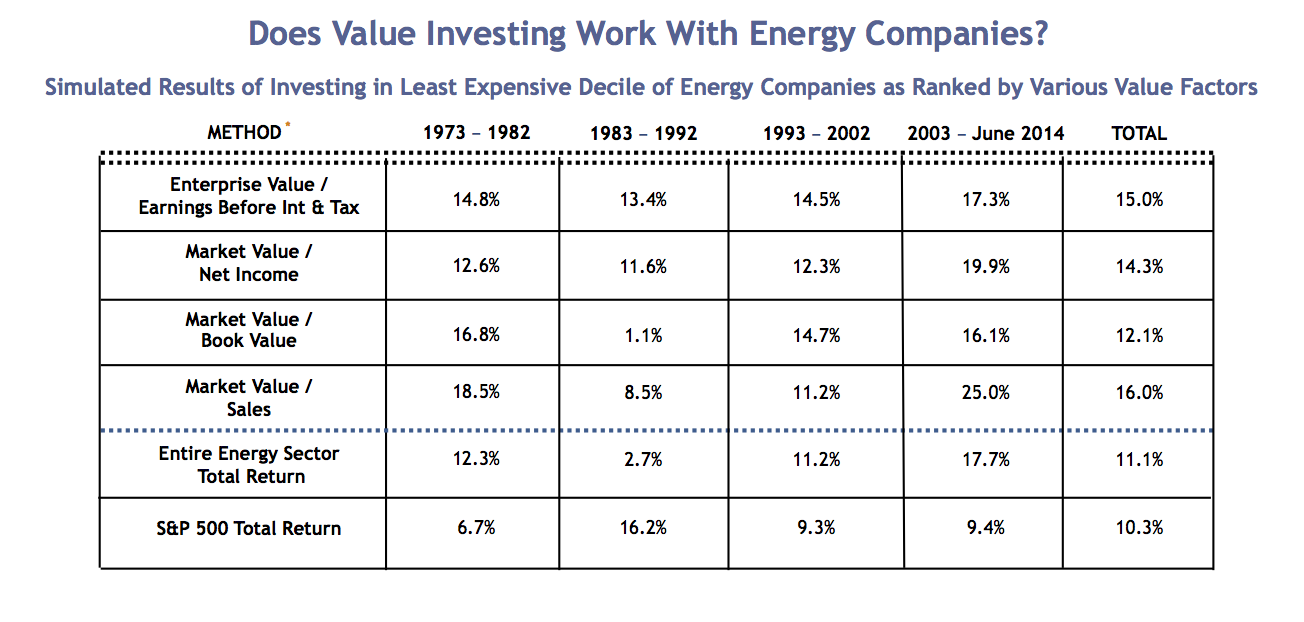If the thought of purchasing the stock exchange scares you, you are not alone. Individuals with very minimal experience in stock investing are either frightened by scary stories of the typical investor losing 50% of their portfolio valuefor example, in the two bearishness that have already happened in this millennium or are beguiled by "hot ideas" that bear the promise of big rewards however seldom settle.

The truth is that buying the stock market carries risk, however when approached in a disciplined manner, it is one of the most efficient methods to build up one's net worth. While the value of one's house normally accounts for the majority of the net worth of the typical specific, most of the wealthy and very rich usually have most of their wealth bought stocks.
Secret Takeaways Stocks, or shares of a company, represent ownership equity in the firm, which give shareholders voting rights in addition to a recurring claim on business profits in the type of capital gains and dividends. Stock markets are where private and institutional financiers come together to buy and sell shares in a public venue.
A specific or entity that owns 100,000 shares of a business with one million outstanding shares would have a 10% ownership stake in it. A lot of companies have impressive shares that encounter the millions or billions. Common and Preferred Stock While there are two primary kinds of stockcommon and preferredthe term "equities" is synonymous with typical shares, as their combined market price and trading volumes are numerous magnitudes larger than that of preferred shares.
Preferred shares are so called because they have choice over the common shares in a company Check over here to receive dividends As properties in the occasion of a liquidation. Common stock can be additional classified in regards to their ballot rights. While the standard property of common shares is that they should have equal voting rightsone vote per share heldsome business have dual or multiple classes of stock with various voting rights connected to each class.